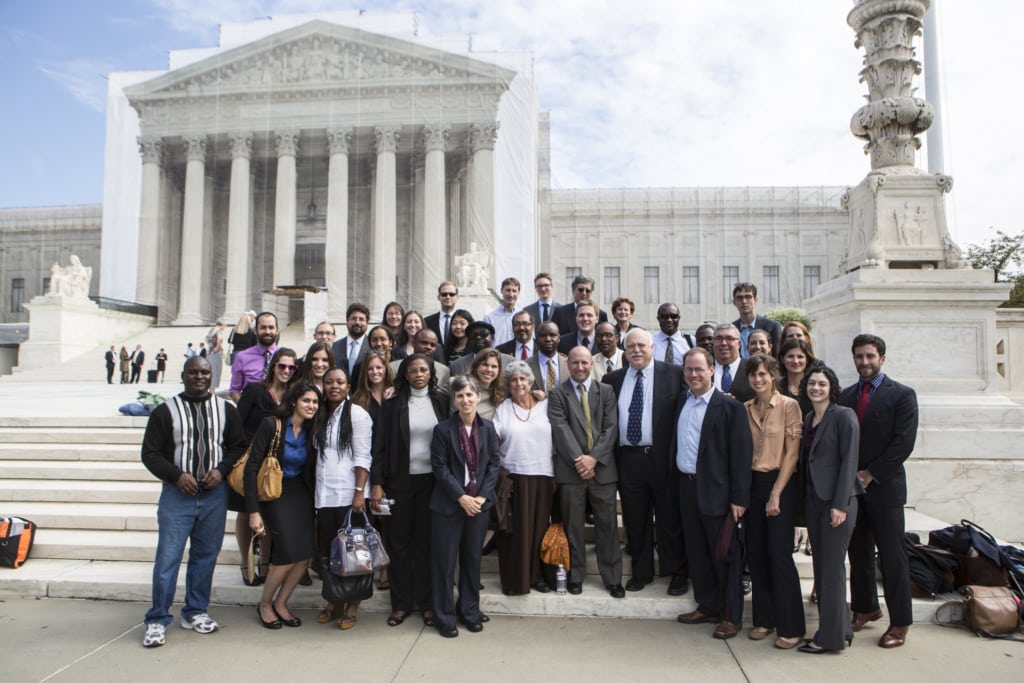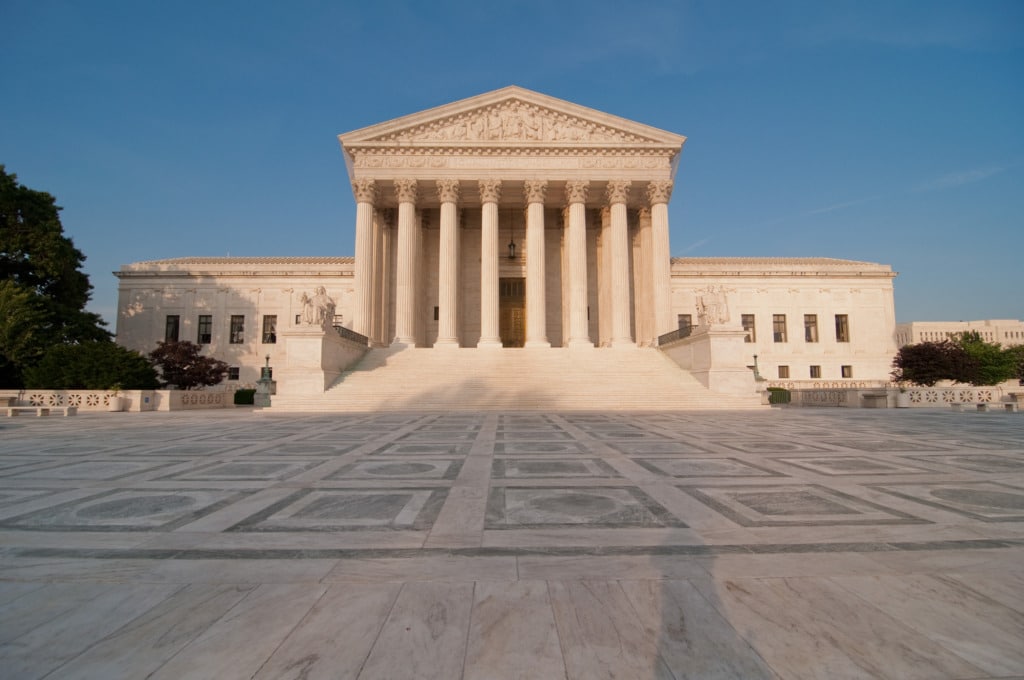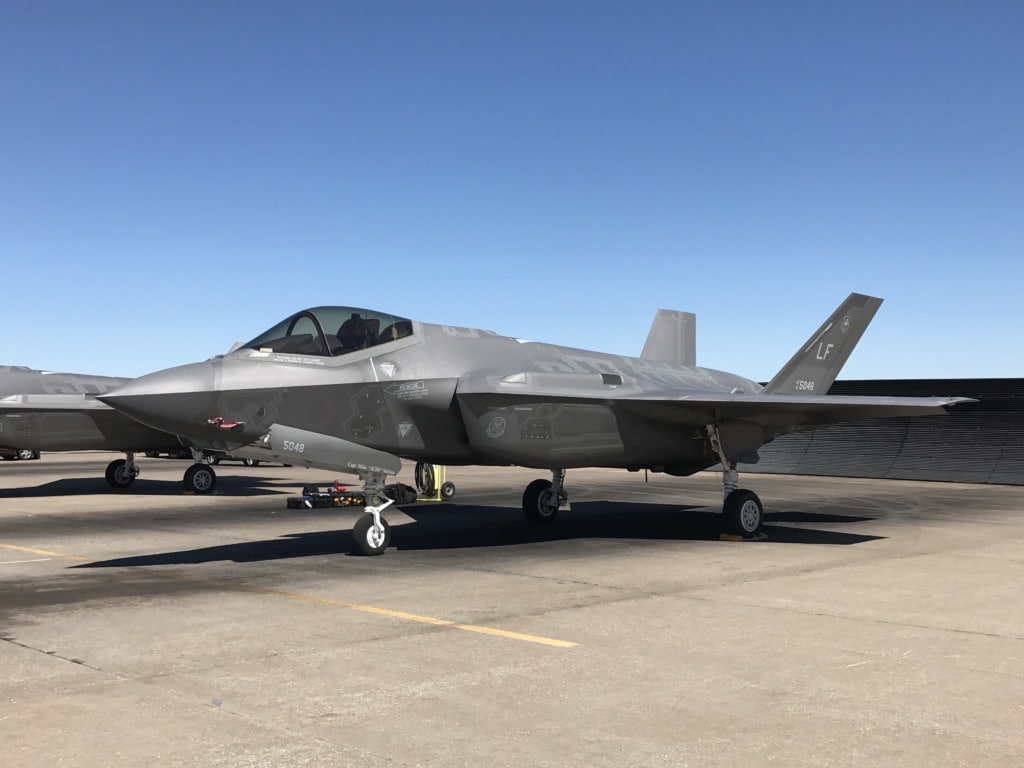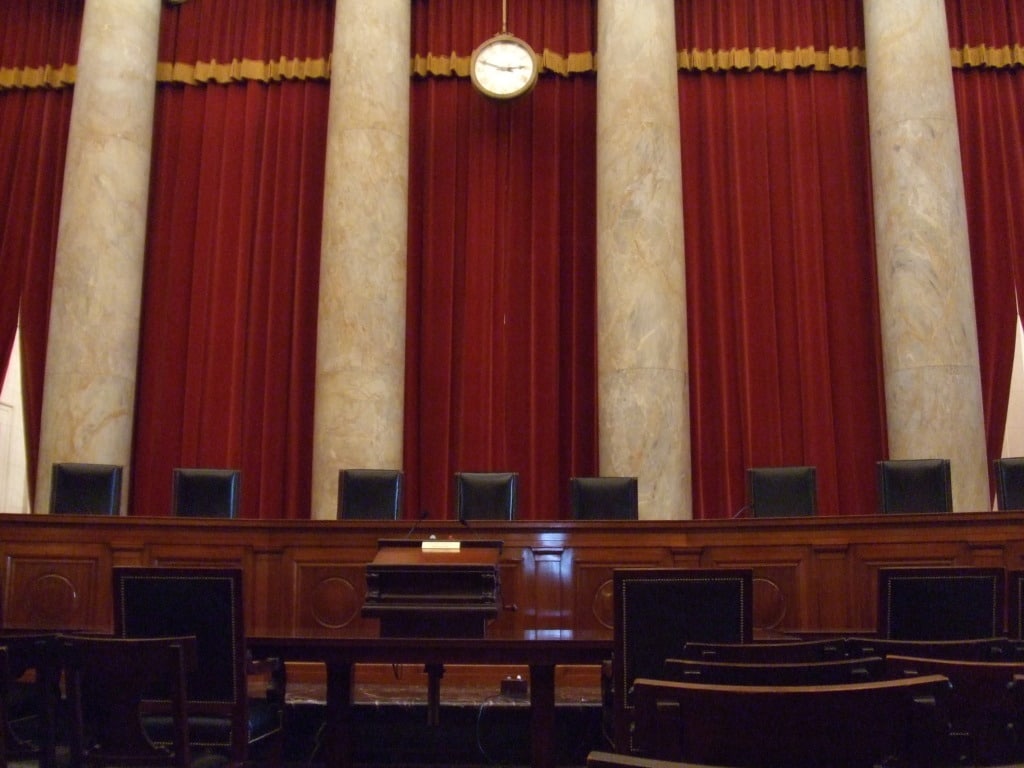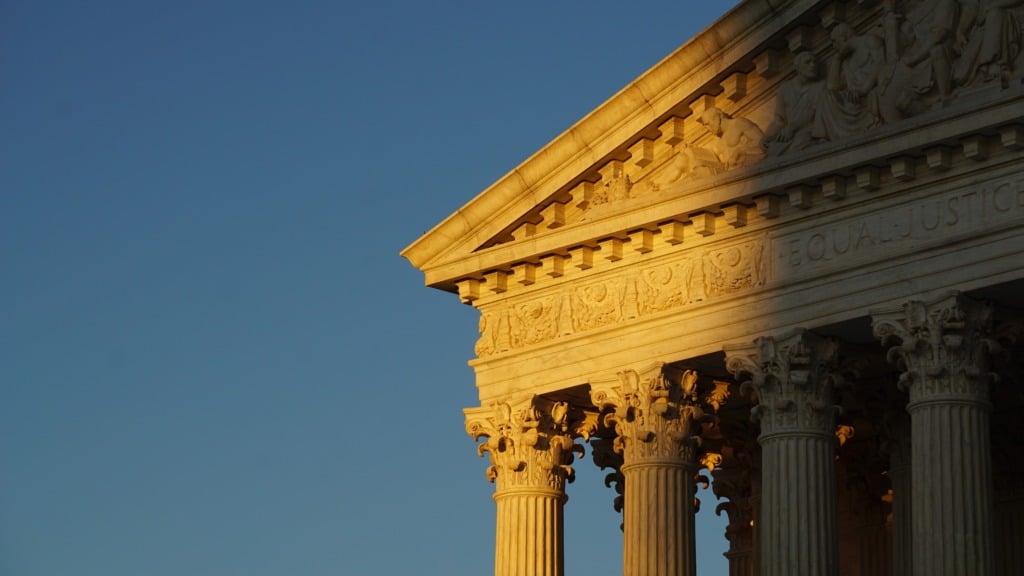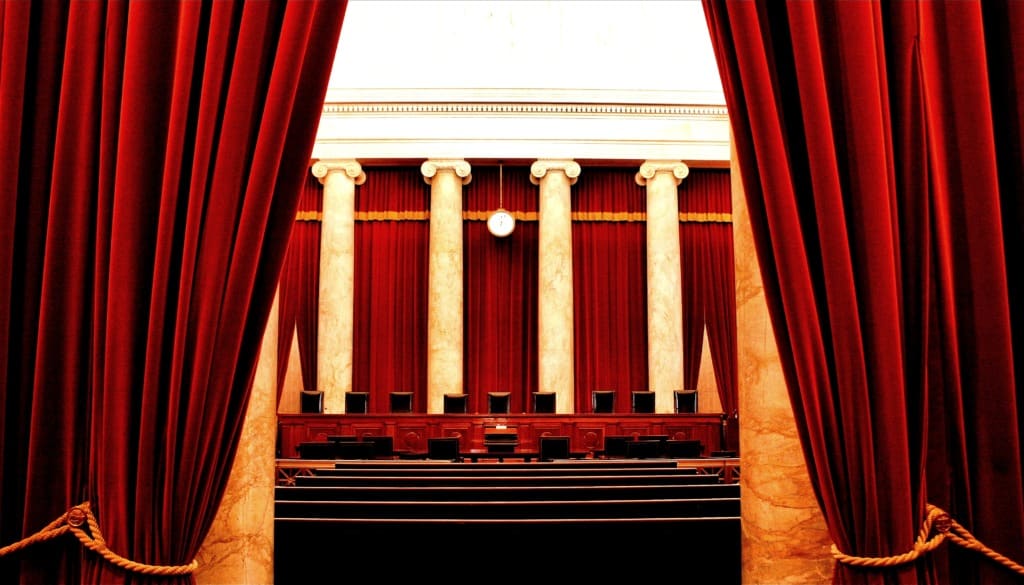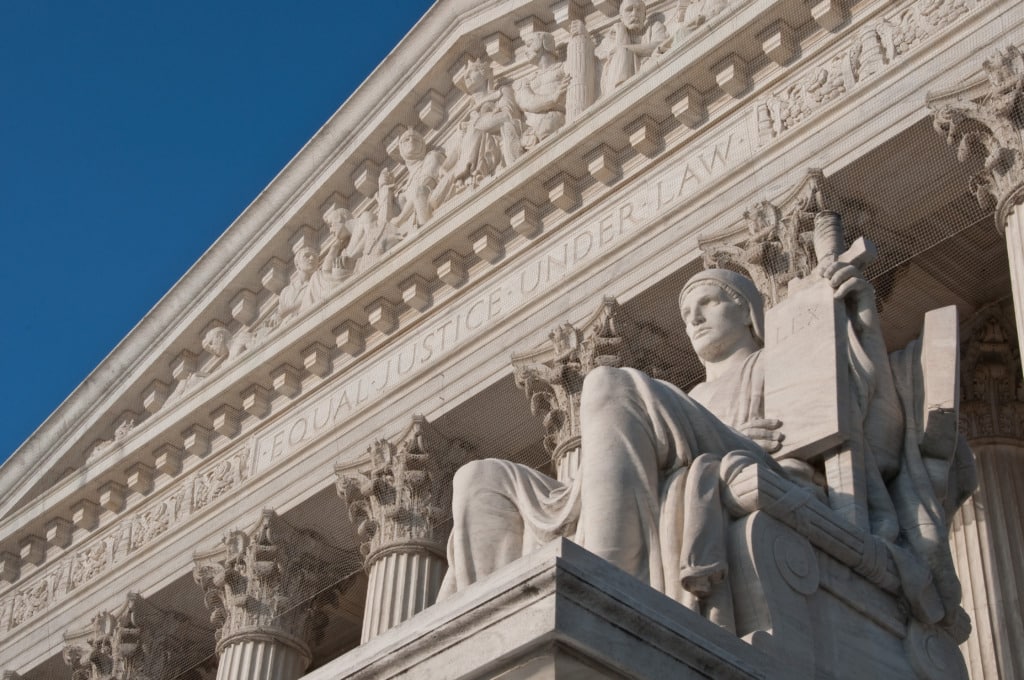Throwback Thursday: Kiobel v. Royal Dutch Petroleum Co.
Ten years ago this week, the U.S. Supreme Court handed down its decision in Kiobel v. Royal Dutch Petroleum Co., applying the presumption against extraterritoriality to the implied cause of action for human rights violations under the Alien Tort Statute (ATS). In Kiobel, the Court began to whittle down the cause of action it had…
Continue ReadingPreview of Supreme Court Argument in Civil RICO Extraterritoriality Case
On April 25, the U.S. Supreme Court will hear oral argument in Yegiazaryan v. Smagin and CMB Monaco v. Smagin, which ask how RICO’s private right of action applies to intangible property, in this case a California judgment confirming a foreign arbitral award. The cases have important implications not just for civil RICO but also for international arbitration….
Continue ReadingAbitron: Media Coverage Round-Up
On March 21, the Supreme Court heard oral arguments in Abitron Austria GmbH v. Hetronic International, Inc., a case on review from the Tenth Circuit raising the geographic reach of federal law. The respondent, an Oklahoma-based electronics manufacturing company, brought a trademark infringement claim under the Lanham Act against the petitioner, a group of German…
Continue ReadingCert Petition Highlights Circuit Split on Sovereign Immunity for Military Purchases
The Foreign Sovereign Immunities Act (FSIA) immunizes foreign states from suit in federal and state court. But it makes an exception for actions based on a foreign state’s commercial activities. The Supreme Court’s leading decision interpreting this exception is Republic of Argentina v. Weltover (1992), where the Court unanimously held “that when a foreign government…
Continue ReadingSupreme Court Focuses on Consumer Confusion in Extraterritorial Trademark Case
Yesterday, the Supreme Court heard oral argument in Abitron Austria GmbH v. Hetronic International, Inc. The question before the Court is when the federal trademark statute, known as the Lanham Act, applies to the use of trademarks outside the United States. The respondent, a U.S. company that makes radio remote controls for heavy construction equipment,…
Continue ReadingPreview of Supreme Court Argument in Extraterritorial Trademark Case
On March 21, the U.S. Supreme Court will hear oral argument in Abitron Austria GmbH v. Hetronic International, Inc. to decide when the federal trademark statute, known as the Lanham Act, applies to the use of trademarks outside the United States. The stakes are high—not just for the parties arguing over a $90 million damages…
Continue ReadingSupreme Court Likely to Shield Internet Platforms from Liability for Terrorist Acts
On February 21 and 22, the Supreme Court heard oral arguments in two companion cases regarding the liability of internet platforms for terrorists’ use of their services. Gonzalez v. Google concerns the scope of immunity for internet companies under 47 U.S.C § 230, specifically whether that statutory grant of immunity covers a platform’s automated suggestions…
Continue ReadingSupreme Court to Consider Tech Companies’ Liability for Terrorism
On February 21 and 22, the Supreme Court will hear oral argument in two cases, Gonzalez v. Google and Twitter v. Taamneh, that raise questions about how a civil cause of action set forth in the Anti-Terrorism Act (ATA) applies when known terrorist organizations use social media services. Both cases involve terrorist attacks (in Paris…
Continue ReadingOne More Thought on Halkbank
The recent Supreme Court argument in Türkiye Halk Bankasi A.S. (Halkbank) v. United States has captivated the transnational litigation community. Experts have weighed in in many forms, including on this blog. In this post, I want to add one more thought that I have not seen raised in this context. Even if the Court decides…
Continue ReadingThe Media Coverage of Turkiye Halk Bankasi, in Review
Last week, the Supreme Court heard oral arguments in Turkiye Halk Bankasi A.S. v. United States, a criminal case originating in the Second Circuit. The defendant, Turkiye Halk Bankasi A.S. (“Halkbank”), is a foreign state-owned commercial bank, headquartered in Istanbul, and a subsidiary of the Turkish government’s sovereign wealth fund. Charged with laundering over $1…
Continue Reading